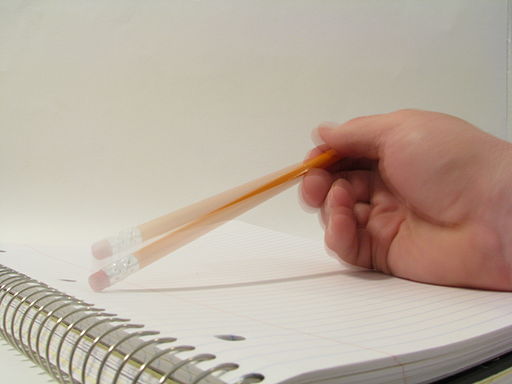
Exam Revision Tips
Many of you who are doing exams this year will be revising or starting to think about revising. As a tutor, I am often asked, “What should I revise?” The answer is, unfortunately, everything that you have covered in the course. No one except the exam writers know what is going to be in the exams in any single year, so always make sure that you cover everything.
Barnaby Lenon, an ex-headmaster at Harrow, has recently written in a blog that GCSE students should revise their course at least three times. The same applies for A level students, but officially there is no magic number given as to how many times you should do so. Usually, however, it will be more than once. Some lucky people, the exceptions, can read something once and it will “go in”, but more will have to go through the course over and over again for it to sink it. We are all different, and this is the main point with revising – what works for one person will not work for another.
With all this in mind, there are some tips below. Remember, some will work for you, some won’t.
• Find a good place to work. Some of you will like quiet, others will like some noise. We all work best in certain places. Some students may like to work in a library, others in their room, others in a coffee shop. Find a place that works well for you and stick to it.
• What time works best for you? Some people work better early in the morning, others in the afternoon, others late at night. Again, stick to what works for you. If you are a night owl, it’s pointless to try and force yourself to get up early and study – it just won’t work as well. Use your strengths and find the best time to suit you.
• Avoid distractions. There are so many distractions today: mobile phones, television, emails and so on. It can make it hard to study. If you are reading this now but also looking at your social media feed on your phone, for example, it’s doubtful all you are reading will go in. So avoid such distractions if you can. Turn off your phone. Turn off your emails. If you find it hard to do this, give yourself a time limit, “I will revise for one hour, then spend five minutes looking at my phone.”
• With the above point also in mind, some students find it hard to sit down and study for long periods. Others prefer it. Again, you should do what suits you best. If you do find it hard to sit for long periods, give yourself a reward. One student I worked with played volleyball at national level. He found it very hard to sit down for long periods and study. Consequently he was doing hardly any revision. We came up with a plan. He would revise for 50 minutes, then go outside and play with a ball or go for a jog for ten minutes. Then he would revise for 50 minutes again and so on. This worked well for him. You may find a similar reward works for you, looking at your phone, going for a walk, making a cup of tea, watching TV, phoning a friend and so on. Decide on your time limit and give yourself a reward.
• Aim to study for no more than two and a half hours without taking a break. You are probably not revising as well as you would if you carry on revising after that time.
• Making and reading notes and using flashcards can all work well for some students. Others can make recordings of their notes and listen back to them when they are going for a walk or even when they are sleeping at night – Mind maps and memory palaces can also be useful when revising. Again, find a method that works well for you and stick to it.
• If you are reading something and it isn’t sinking in or you don’t understand it. Try a few of the following techniques…
o Read it out loud. When you do this, sometimes it seems to make more sense.
o Try and explain it to someone else – You may find that you know far more than you think you do when you explain it to another person.
o Read it in another way. There are a lot of resources online today, so if you don’t understand your notes or textbook, look online and find another explanation.
• Making a revision timetable for when you intend to revise your subject is also useful. You may be revising for more than one subject, so work out when you are going to study and make a plan for each subject.
• Practice exam papers and old TMAs under “exam conditions.”
• Try to take off a day a week. You decide which day. Take some time off from all that studying.
• Try to start revising as soon as you can. The earlier you start to revise, the more revision you will do.
Remember, you have revised before. You know what has worked well for you and what didn’t. So if you have a good way of revising, stick to it. But if your way hasn’t worked so well, why not try another option from those listed above? There is also of course a lot of advice out there online and in books. The best way to revise is the way that works for YOU! So find your best method and stick to it.
Finally, though success in them is all about your hard work and revision, I am still going to wish you this – Good luck with your exams!